When a child is having difficulty sleeping, there can be many contributors, some of which can include underlying physiological sleep problems, short sleep duration or irregular sleep schedules. For teens, optimal sleep duration and sleep period timing is important to create and maintain a healthy sleep schedule.
When puberty begins, teens face particular challenges in obtaining an adequate amount of sleep. They must have ample opportunity to sleep to accommodate for a rapid period of physical, cognitive and emotional development. As teens’ internal body clocks shift, their sleep stages shift. Circadian rhythms shift, causing teens to want to go to bed and wake up later. These changes often conflict with early middle and high school start times. The earlier a teen wakes up for school, the less time they spend in rapid eye movement (REM) – dreaming sleep which occurs more in the second half of the night and particularly in the early morning hours. Deprivation of REM sleep impacts a teen on many levels, and the less time spent in that stage, the more they are at risk of negative consequences on their emotion regulation, learning and overall health.
Here are a few ways that sleep deprivation and inadequate timing of sleep can affect your teen’s overall well-being:
- REM sleep directly contributes to emotional regulation, learning and memory – all necessary for successful performance in school, social relationships and self-esteem. Problems with learning, attention and emotion regulation can be cause by REM sleep loss. When a teen is sleep-deprived, they could wake the next morning initially feeling hyper and energetic, but over the course of the day they are more likely to have difficulty regulating their mood, become withdrawn and irritable. There is also evidence that decreased REM affects how teens learn and inhibits creativity.
- There’s a higher risk for obesity and poor metabolic regulation. The regulation of hormones and enzymes that help process fat and sugar are intricately linked to the optimal timing of the sleep period and sleep stages.
- Poor sleep duration and sleep period timing affect immune function. A sleep-deprived individual is more likely to catch a cold or lose some of their ability to fight infection.
- Poor sleep duration and sleep period timing impact mood, especially if sleep disturbances occur over long periods of time. If a teen is consistently sleep-deprived month after month, it can contribute to depression, hopelessness and can even be a sign of increased suicide risk ideation. A chronic lack of sleep can create agitation and uncontrollable mental and physical impulses. There are other direct biochemical effects of sleep deprivation involving the irregular distribution of mood-stabilizing, attention-regulating neurotransmitters like serotonin, dopamine and norepinephrine.
- Short sleep and inappropriate sleep timing may inhibit a teen’s ability to regulate emotions and attention. The results can be similar to Attention Deficit Hyperactivity Disorder (ADHD). Caffeine and other stimulants, like Ritalin, correct for sleep loss temporarily but are not healthy replacements. When impulse control and mood problems emerge, drug, tobacco and alcohol could also become involved. It’s important to note that although caffeine and stimulants temporarily awaken us, they can never restore lost hours of sleep and its effects on physical or mental well-being.
Currently, only 31 percent of high school students and a slightly higher percentage of middle school students report getting a sufficient amount of sleep. Some causes are complex and others are simple. Early school start times have been identified as a modifiable cause of sleep problems in U.S. teens, but delaying school start times requires support from parents, school staff administrators, health care providers and legislators. As researchers present these facts to school boards and parents, we may be able to enact some necessary changes. Education about healthy sleep and prioritization of healthy sleep can also be easily implemented in your home.
 https://riseandshine.childrensnational.org/wp-content/uploads/2023/03/teen-sleeping-with-computer-feature.png
300
400
Rise and Shine
https://riseandshine.childrensnational.org/wp-content/uploads/2017/11/childrens_riseandshine_logo.jpg
Rise and Shine2023-03-09 15:18:342023-03-09 15:25:03Help! My teen’s sleep schedule is off
https://riseandshine.childrensnational.org/wp-content/uploads/2023/03/teen-sleeping-with-computer-feature.png
300
400
Rise and Shine
https://riseandshine.childrensnational.org/wp-content/uploads/2017/11/childrens_riseandshine_logo.jpg
Rise and Shine2023-03-09 15:18:342023-03-09 15:25:03Help! My teen’s sleep schedule is off


 Daniel S. Lewin, PhD, DABSM is a pediatric psychologist, sleep specialist and licensed clinical psychologist. He is Board Certified in Sleep Medicine and Behavioral Sleep Medicine.
Daniel S. Lewin, PhD, DABSM is a pediatric psychologist, sleep specialist and licensed clinical psychologist. He is Board Certified in Sleep Medicine and Behavioral Sleep Medicine.
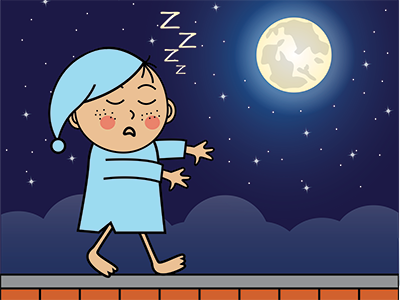
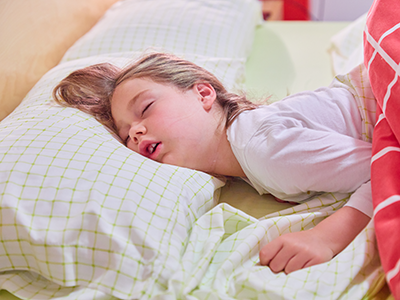

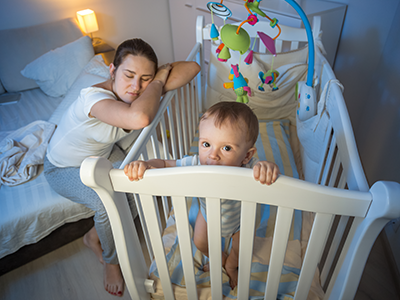
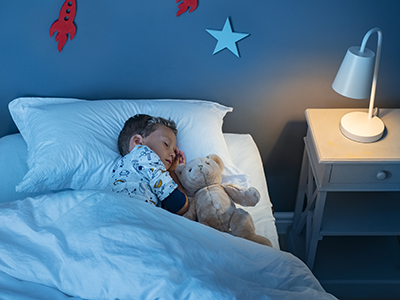

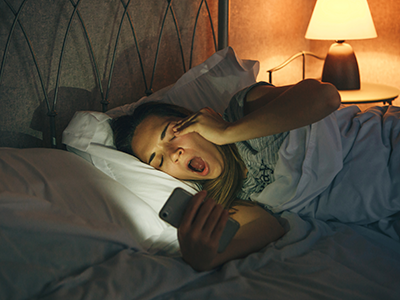



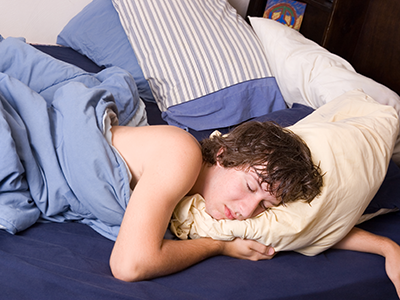
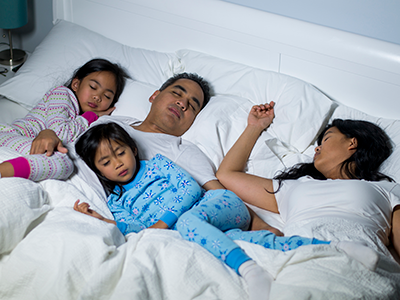
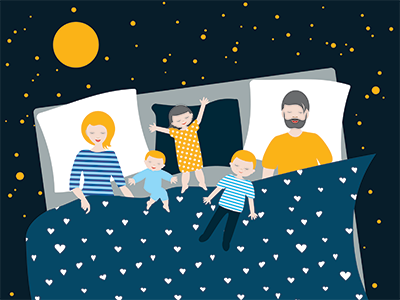


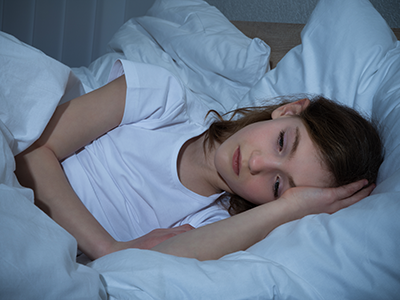


Leave a Comment
Want to join the discussion?Feel free to contribute!